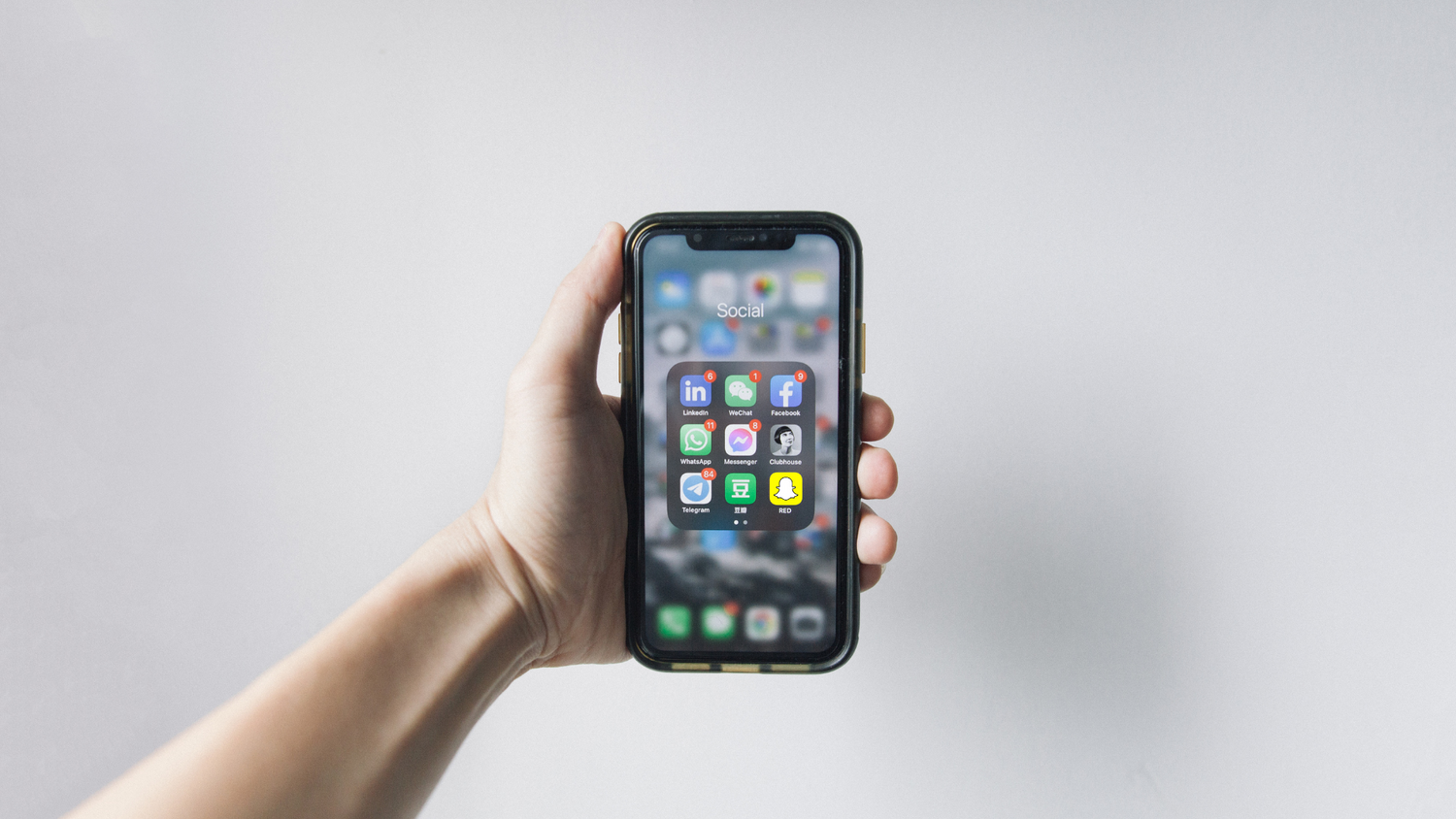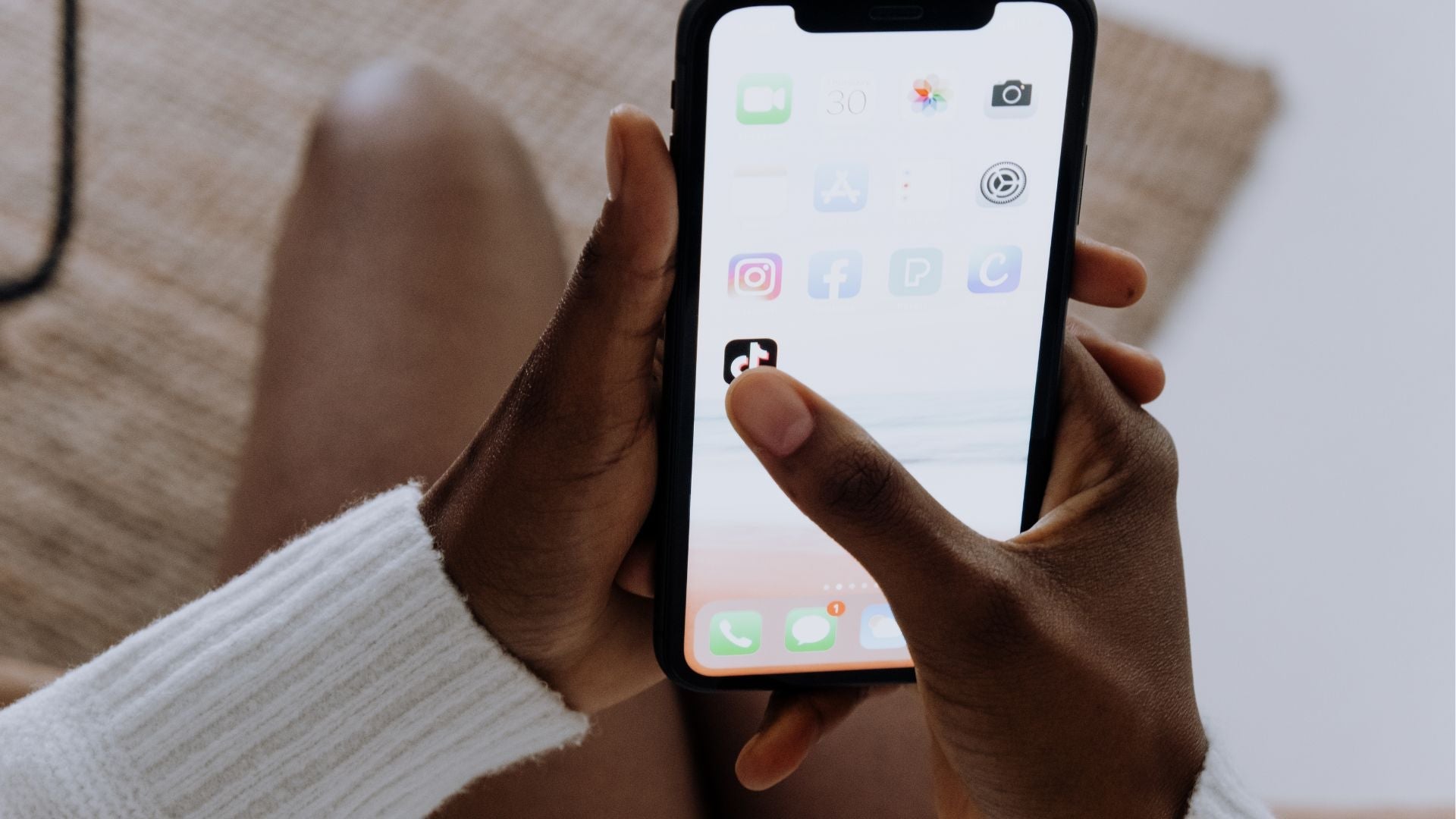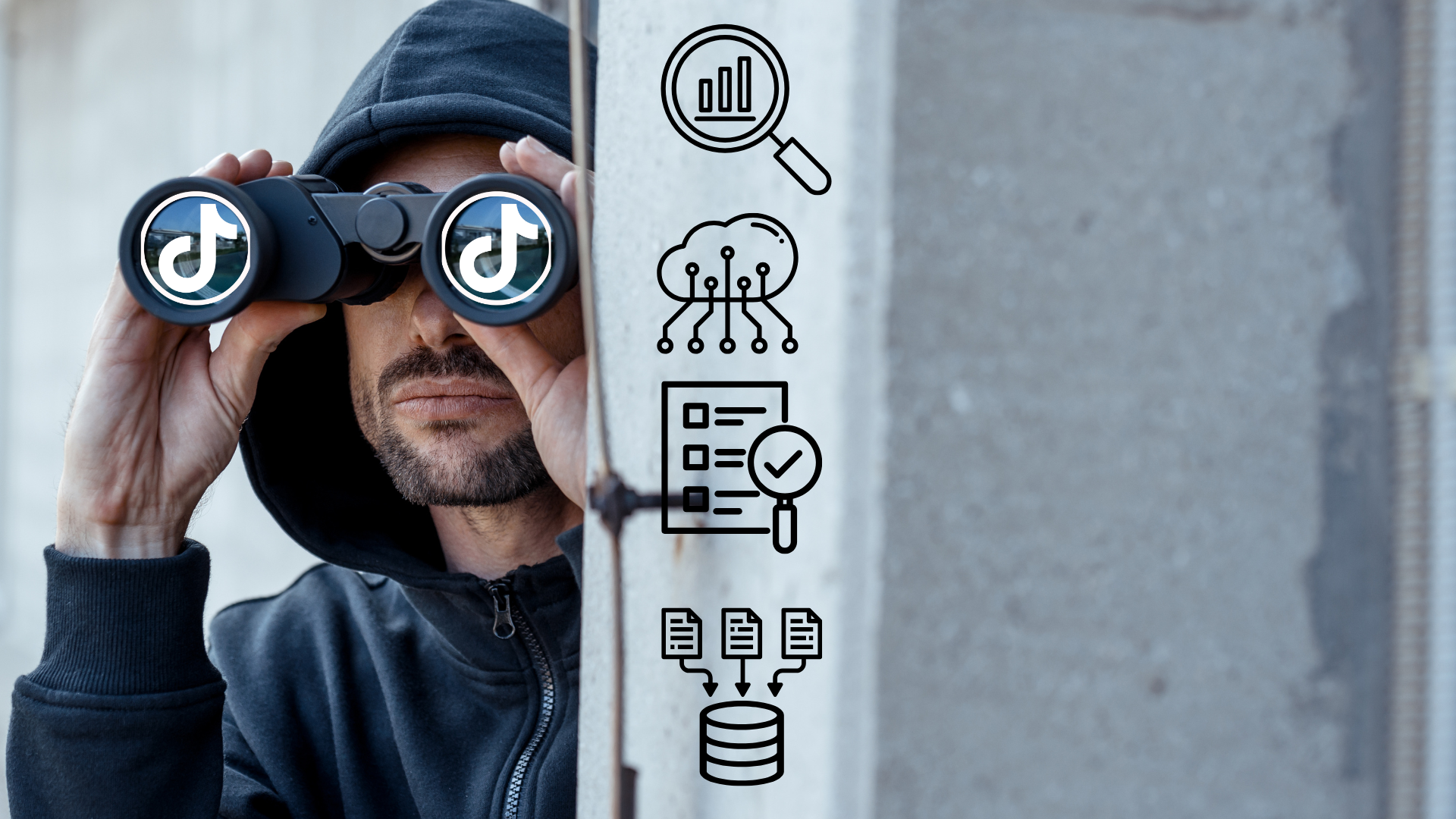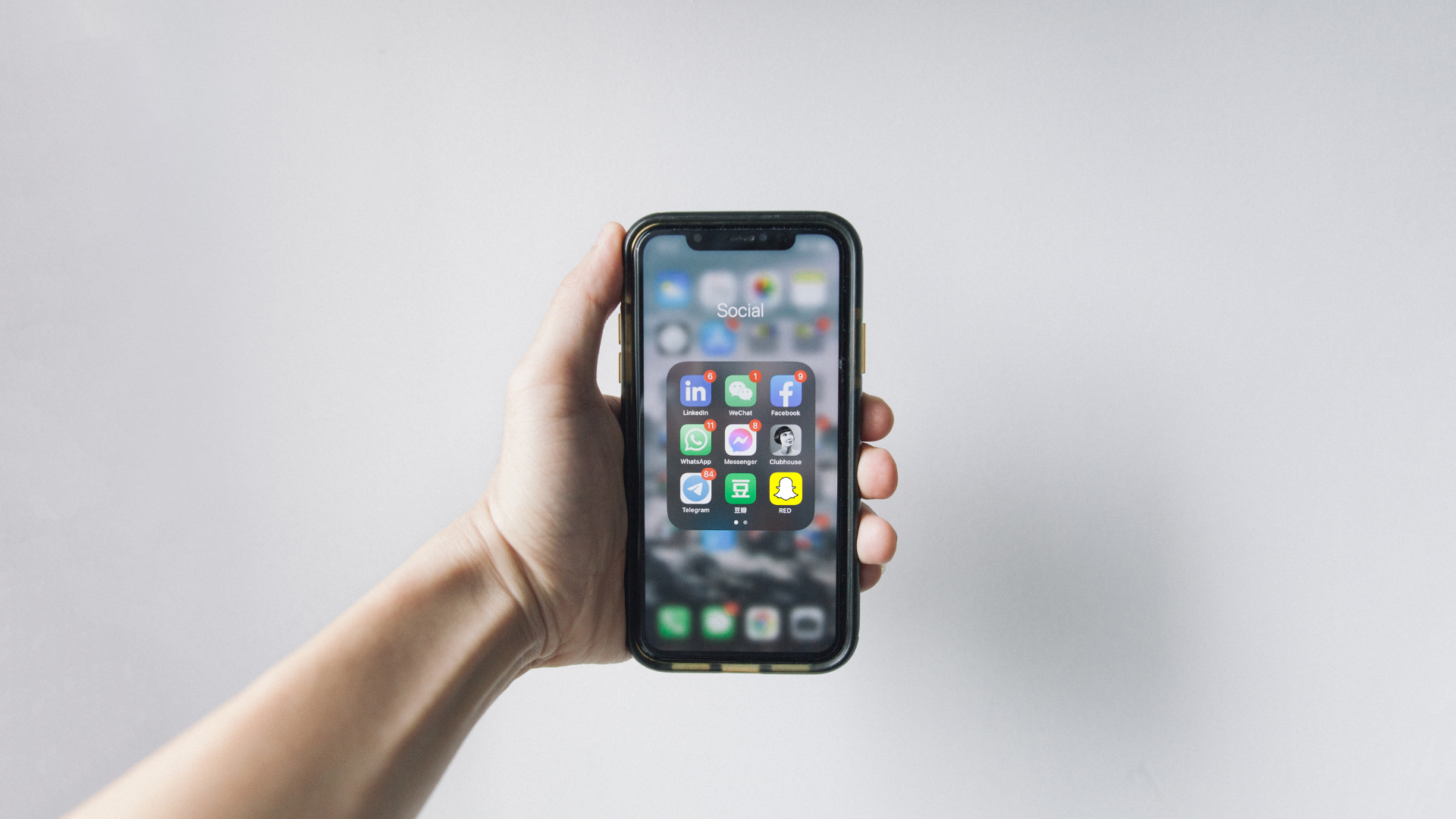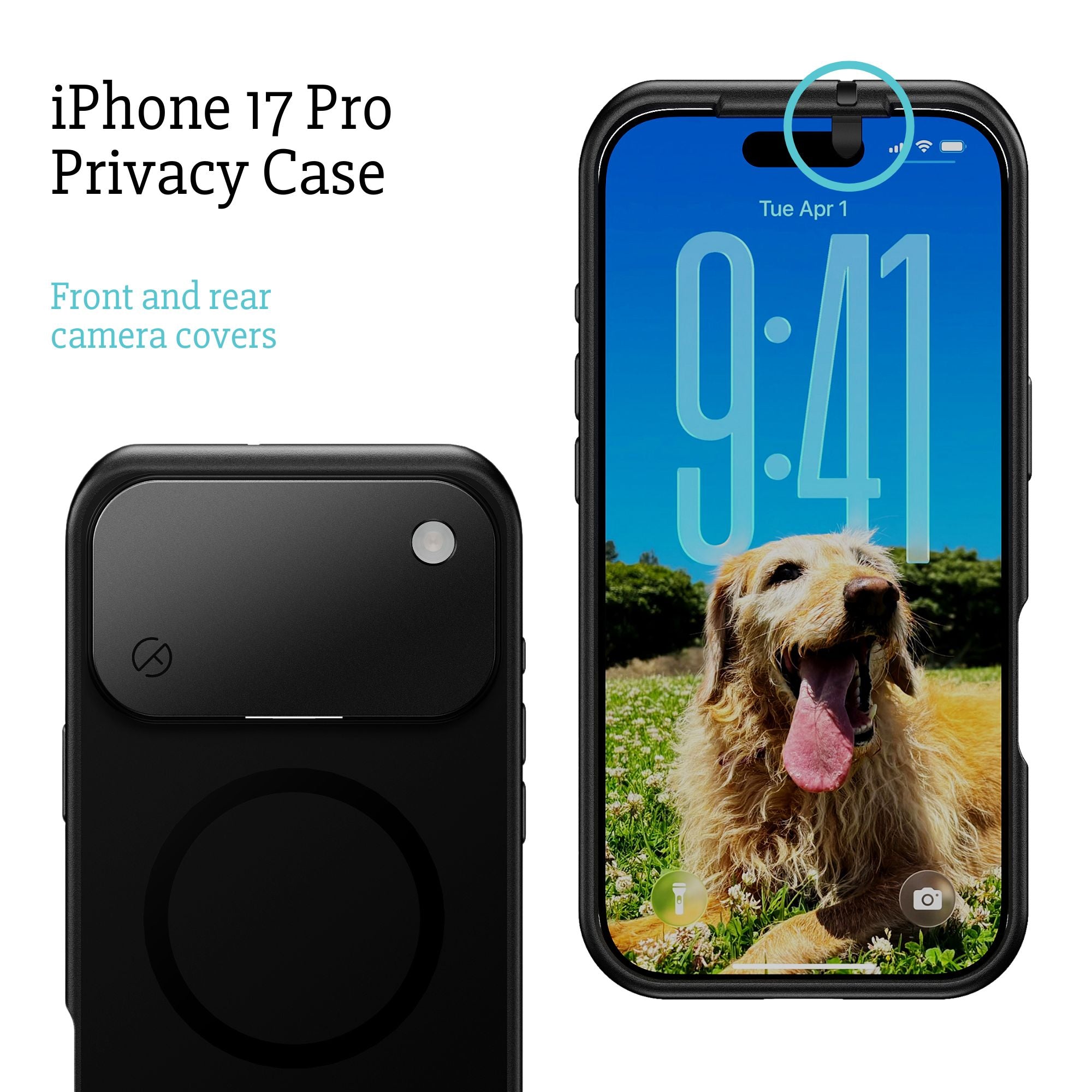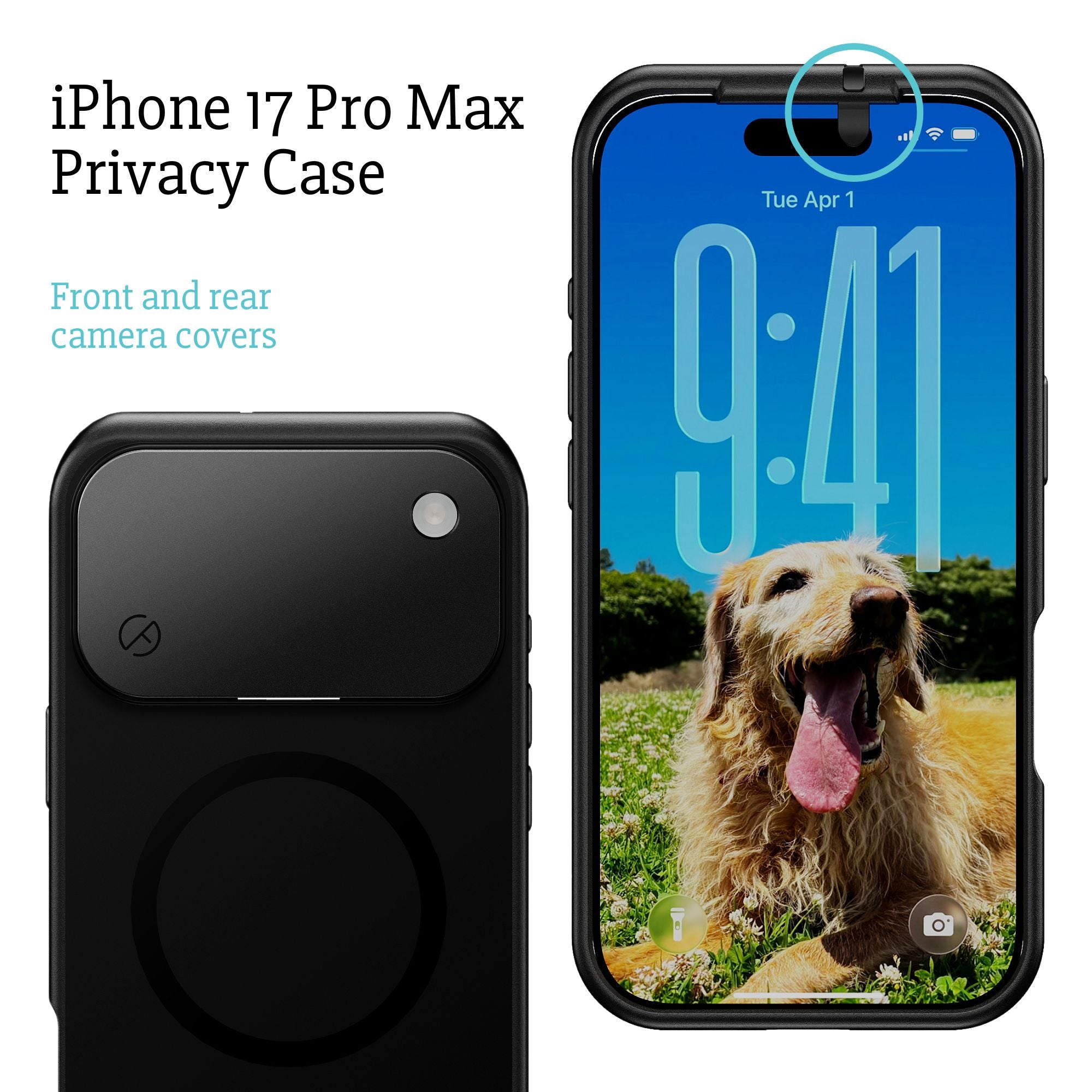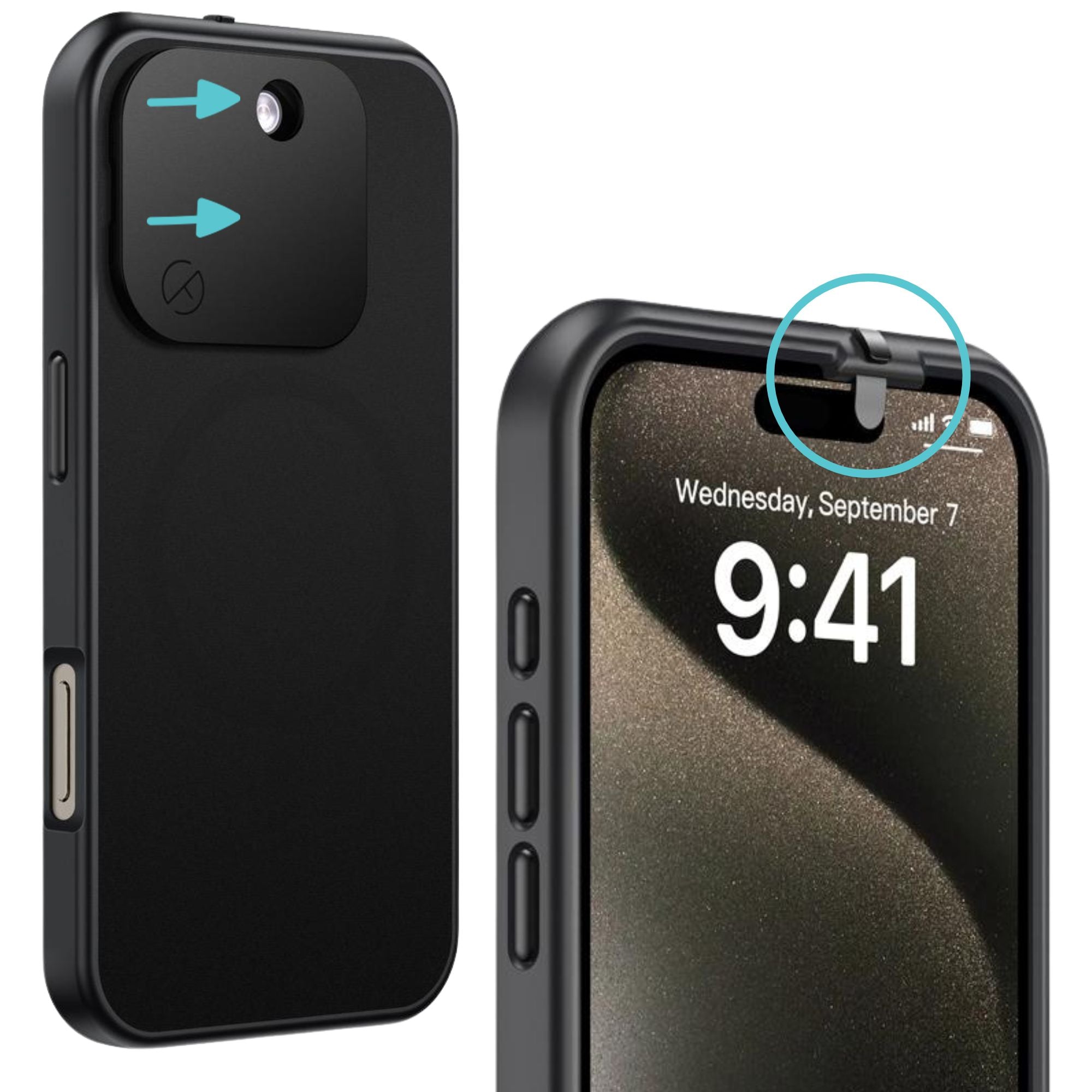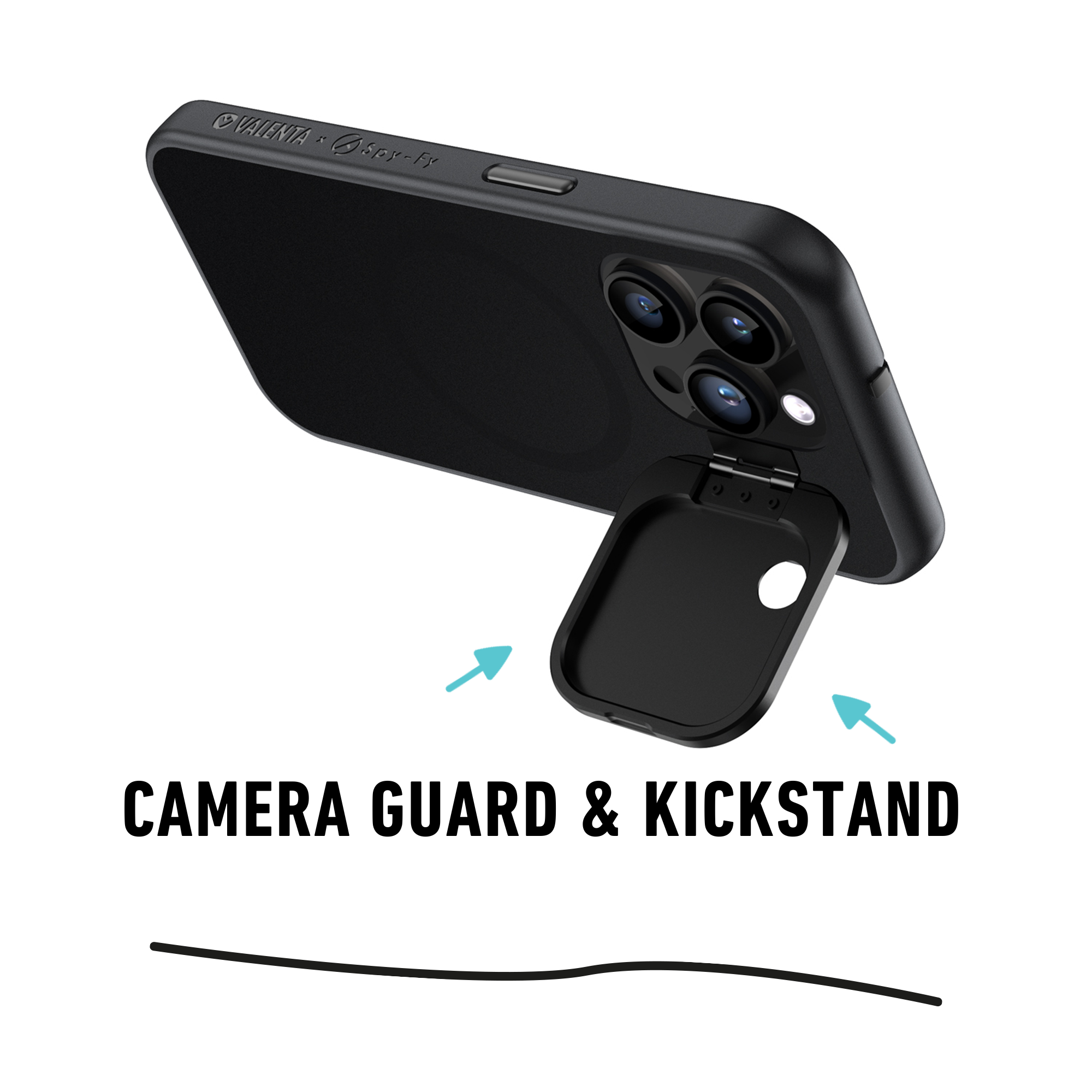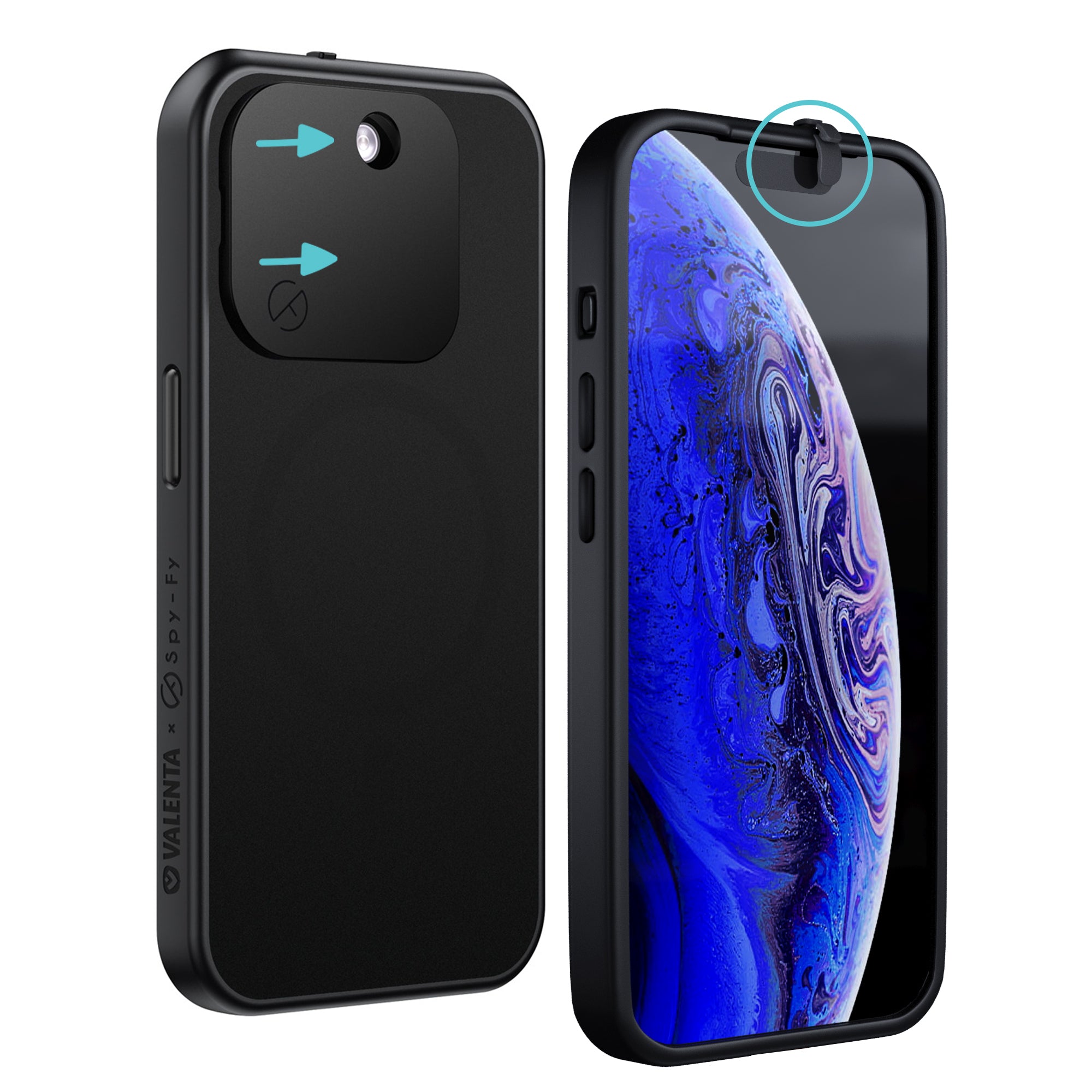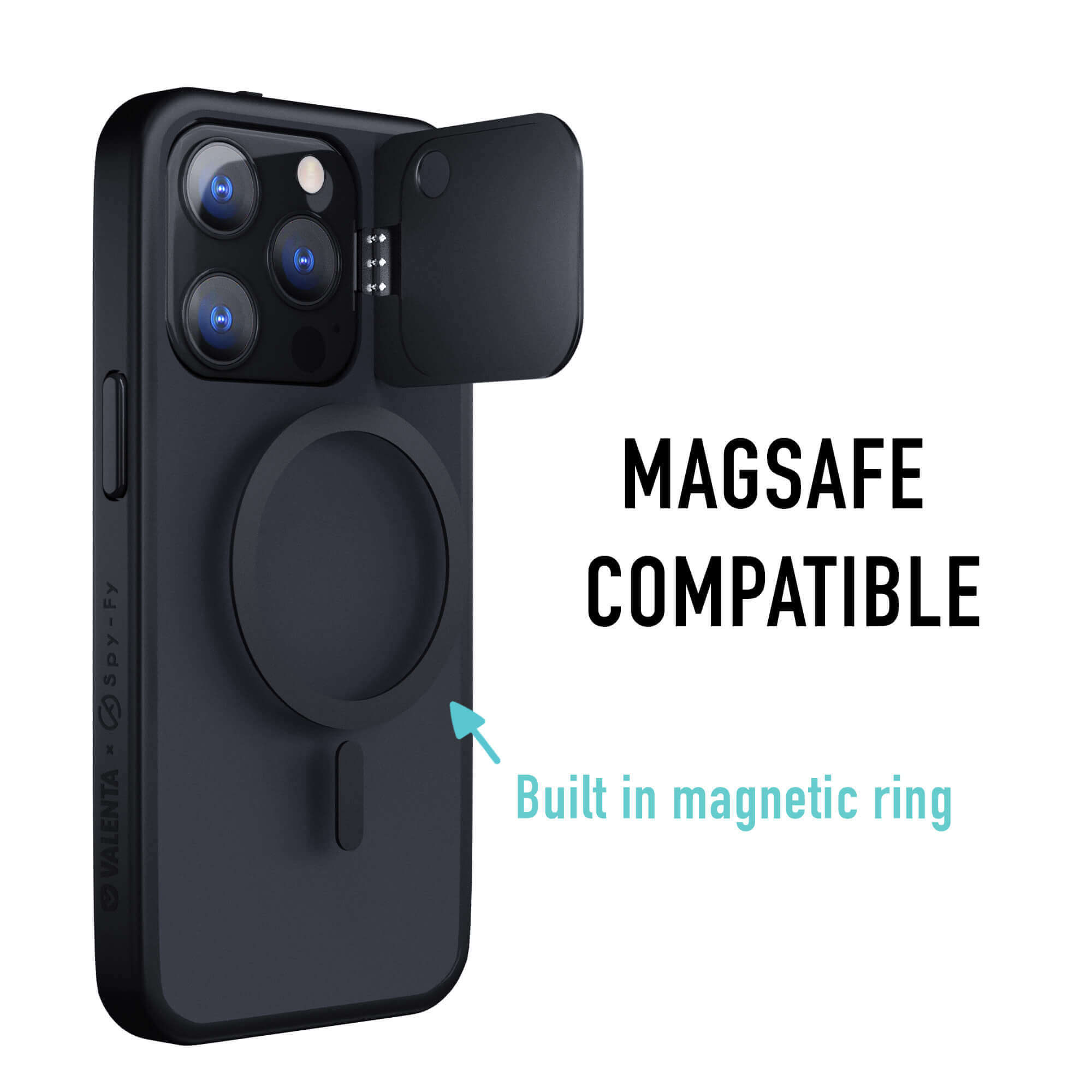Snapchat presents itself as a fun, lightweight way to chat with friends, photos that disappear, quick messages and playful filters. But if you’re someone who values digital boundaries, the question soon arises: does Snapchat 'spy' on you? Not in the classic sense of hidden cameras or listening devices, but the app does collect more of your personal data than most users realize.
Let’s look at what’s really going on behind the screen.
Snapchat privacy: What the app knows about you
The moment you download Snapchat, you’re giving it access to more than just your camera. Like many apps, it requests basic information like your name, email, birthday, and phone number. But it also collects metadata about your activity: when you use the app, who you talk to, what filters you apply and how you interact with stories, ads and other features.
If you’ve ever allowed it, the app may also track your precise location, even when the app isn’t open. This happens through background location permissions which many users accept quickly without checking the long-term impact. In addition, syncing your contacts means your phonebook ends up on Snapchat’s servers, where it’s used to recommend friends and build social graphs.
So while the app may look temporary on the surface, Snapchat privacy is much more layered than it seems.
Is Snapchat encrypted or not?
Unlike end-to-end encrypted apps like Signal, Snapchat only offers partial encryption. Your one-on-one Snaps are encrypted while in transit, but other types of content are not. Group chats, stories and saved snaps in memories are not protected in the same way. That means Snapchat technically can access them. This doesn’t mean there’s someone reading your chats, but it does mean that your data is more exposed than you might expect.
For privacy professionals and tech-aware users, the lack of full encryption can be a dealbreaker. If you’re hoping for real data protection, Snapchat is not encrypted to the degree you might assume from its disappearing message feature.
Does Snapchat have access to my snaps?
Here’s where things often get misunderstood. Snaps are deleted from your view after they’re opened, but that doesn’t mean they disappear instantly from Snapchat’s servers.
If a snap is unopened, Snapchat stores it for up to 30 days. If you use the memories feature which saves snaps and stories, those remain on Snapchat’s cloud unless you delete them yourself. According to their privacy policy, content may be scanned by automated systems to improve features or detect harmful activity.
So yes, Snapchat does have access to your snaps, especially if you’re using features that store them intentionally. This doesn’t mean human reviewers are looking through your photos, but your content isn’t as private or short-lived as you might hope.
Snapchat spy concerns: Is it really watching you?
No, Snapchat doesn’t secretly record your conversations or watch through your front camera while you sleep. But the app does track and store large amounts of personal data, and uses that information to personalize ads, develop new features, and improve user engagement.
Whether you call that “spying” depends on your definition. It’s not surveillance in the government sense, but it is surveillance capitalism: your behavior fuels the app’s business model.
This is why many privacy-conscious users choose to restrict permissions, turn off background tracking, and skip features like memories and snap map altogether.
Should you be worried? A balanced conclusion
You don’t need to panic about using Snapchat, but you also shouldn’t assume it’s private just because messages disappear on the screen.
- If you choose to keep using it, take a few steps to minimize exposure:
- Disable location sharing unless you really need it
- Avoid syncing your full contact list
- Don’t use Memories as a permanent archive
- Check your chat settings to make sure messages delete as expected
- Enable two-factor authentication to keep your account secure
Ultimately, Snapchat is built for convenience and engagement, not for strong privacy by default. But with the right settings and some basic awareness you can use it more safely and intentionally. If you’re looking for extra protection in the physical world, like privacy Iphone cases, webcam covers or passport covers, check out our collection of privacy tools at spy-fy.com
